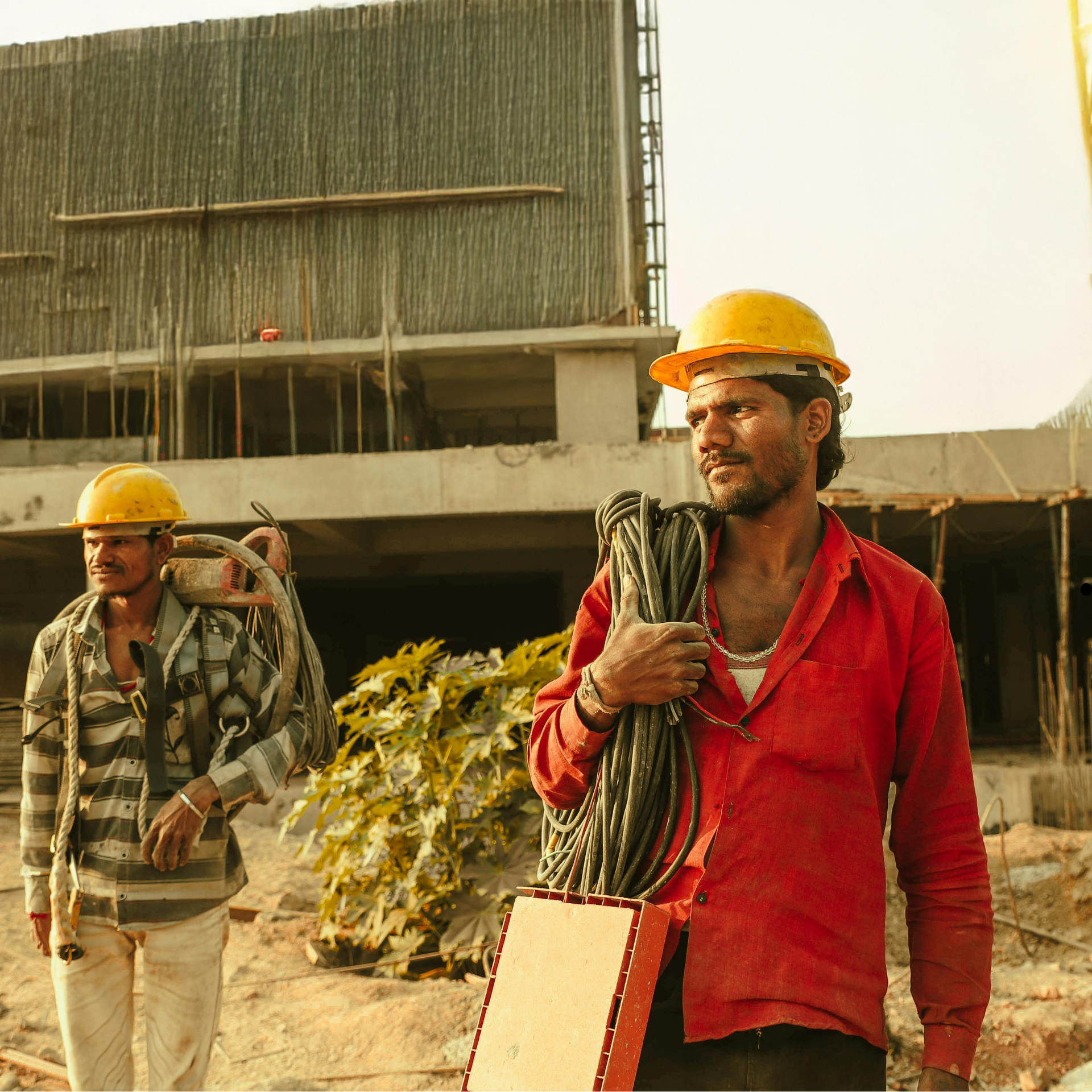
Mandatory Mediation in Construction Disputes starting in 2026

Publication date: October 14, 2025
Starting March 1, 2026, mediation in construction-related cases will become mandatory. Learn how to prepare, avoid mistakes, and resolve disputes faster.
Starting March 1, 2026, an important amendment to the Code of Civil Procedure will come into effect, introducing mandatory mediation in cases concerning construction contracts. This marks a significant change for the construction industry – affecting both investors and contractors.
Before a case is brought to court, the parties will be required to attempt to resolve the dispute through mediation. The main goal is to achieve quicker and more cost-effective resolutions to construction conflicts.
Why was mandatory construction mediation introduced?
Why was mandatory construction mediation introduced?
Construction disputes are often among the most complex and costly legal proceedings. The amendment aims to reduce the burden on the courts and encourage dialogue between parties.
Thanks to mediation:
- parties can avoid lengthy court proceedings,
- the cost of resolving the dispute is significantly lower,
- business relationships can be preserved,
- settlements can be tailored to the specific nature of the industry and the needs of the parties.
Examples of disputes subject to mediation:
- delays in project completion,
- construction defects,
- non-payment for completed work,
- disputes involving subcontractors and suppliers.
Is mediation truly mandatory?
Although the court will refer parties to mediation, participation remains formally voluntary. However, if one party does not wish to participate, they must file an objection with justification within 7 days of receiving the court’s referral.
Failure to respond within this time frame will be considered as consent to mediation.
The new regulations are therefore designed to motivate parties to take meaningful action rather than prolong the case.
Advantages and challenges of construction mediation
Advantages:
- faster recovery of outstanding payments,
- greater flexibility in negotiating settlement terms,
- opportunity to maintain business reputation and relationships,
- reduced legal costs.
Challenges:
Not all parties are genuinely willing to reach a settlement. In such cases, mediation may become an additional step that fails to resolve the dispute and only prolongs the process.
That’s why dilligent preparation for mediation is so important – gathering documentation, forming arguments, and presenting a credible proposal for resolution.
Digitization of the mediation process
The amendment also introduces technological improvements. As of March 2026:
- mediation records and settlement agreements can be signed using a qualified electronic signature,
- mediation can be conducted online,
- the entire process will be more transparent, faster, and less reliant on paper.
This is a major step toward the digital transformation of the justice system and convenience for construction industry professionals.
Summary
Mandatory mediation in construction disputes is a solution designed to simplify and expedite conflict resolution in the sector.
It enables:
- faster agreements,
- avoidance of costly litigation,
- preservation of good relationships between investors and contractors.
However, to fully leverage its potential, it’s essential to understand your rights and seek legal advice before entering mediation.
Contact Us
If you want to learn how to prepare for mediation in a construction dispute or need support from a lawyer specializing in construction law — contact us today!
???? Call us: click to call
???? Email us: kancelaria@okolski.com
???? Visit us: www.okolski.com
Don’t wait until your case ends up in court – choose mediation and professional legal advice.


